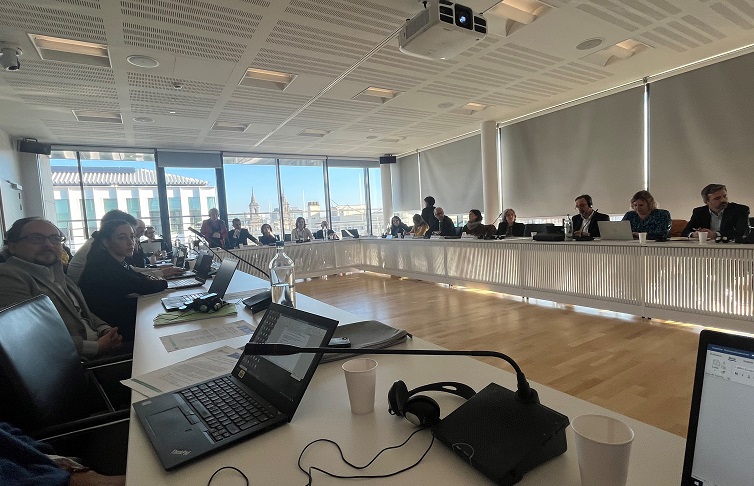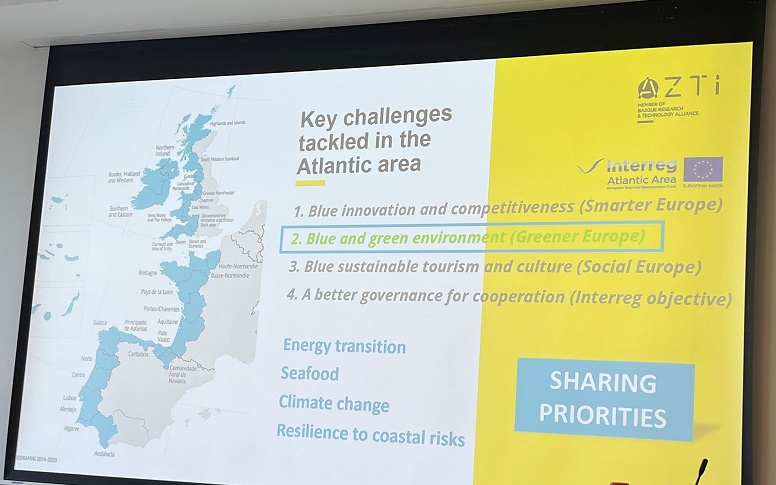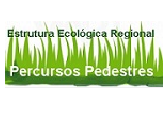On March 1st, the “Political Working Seminar on the Atlantic Macro-Region” organized by the Atlantic Arc Commission (CAA) took place in Brussels to discuss the creation of a Macroregional Strategy for the Atlantic, which could become one of the dossiers of the Spanish Presidency of the European Council, to start in the second half of 2023.
Within this framework, created for a concertation of interests at the highest level in which the Member States and the European Commission participate, cooperation priorities are defined to be included in a Action Plan that makes it possible to allocate funds and attract capital to carry out structural projects, essential to overcoming the current challenges of European competitiveness, on a global scale.
Maritime and territorial issues will be at stake in an integrated approach and explores the understanding and opportunities offered by the land-sea relationship in the Atlantic Regions.
The President of CCDR LVT, Teresa Almeida, as First Vice President of CAA, performed the introduction of the Governance model session, looking for the one to adopt in a framework of cooperation of this nature, stressing that success will depend on a multi-level, agile structure, flexible and transparent that ensures effectiveness in terms of results and efficiency in the processes, with the involvement of all relevant stakeholders. These should include actors that go beyond the countries of the European Union, in a transatlantic opening conferred by the geographic nature that appears as a differentiating added value with geostrategic potential.
There was also a debate in which the President of CCDR LVT spoke of the positive aspects and limitations of governance of the current Atlantic Strategy, also addressing the issue of hydrogen as a cooperation priority to be considered in the new strategic figure.










